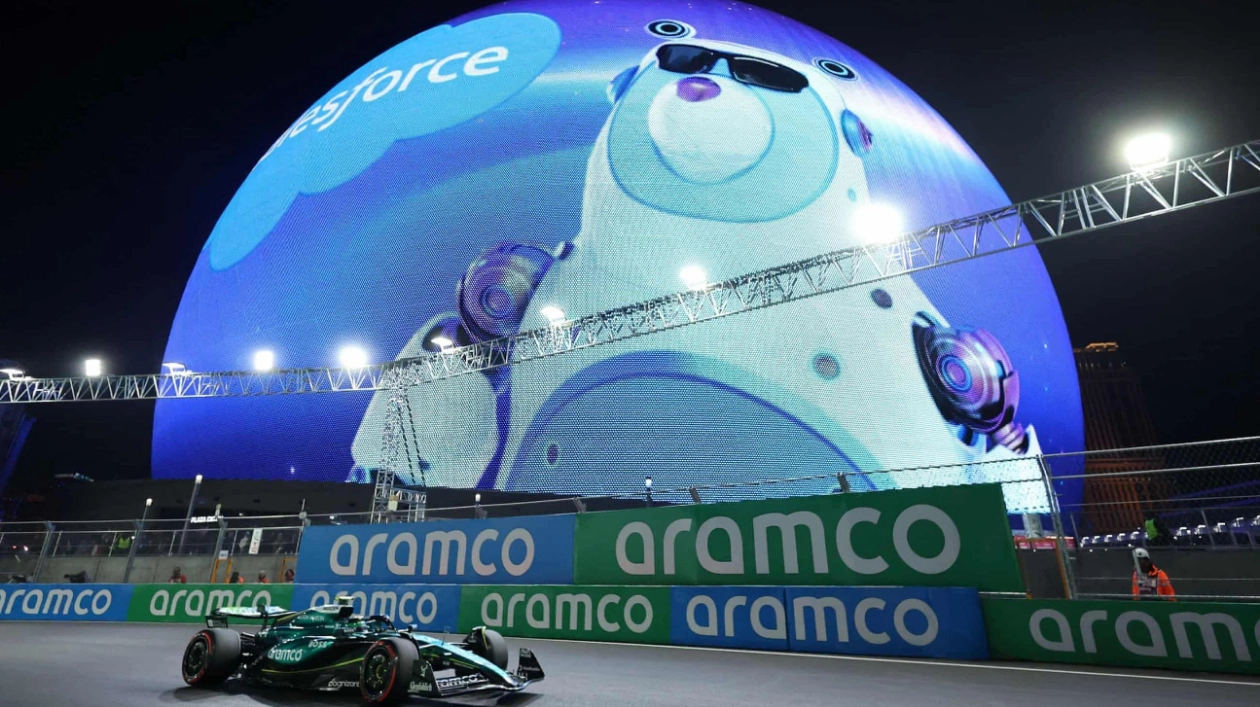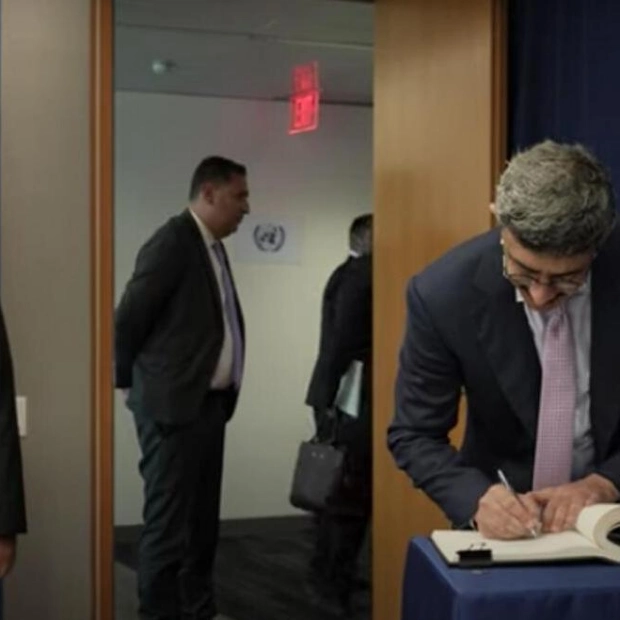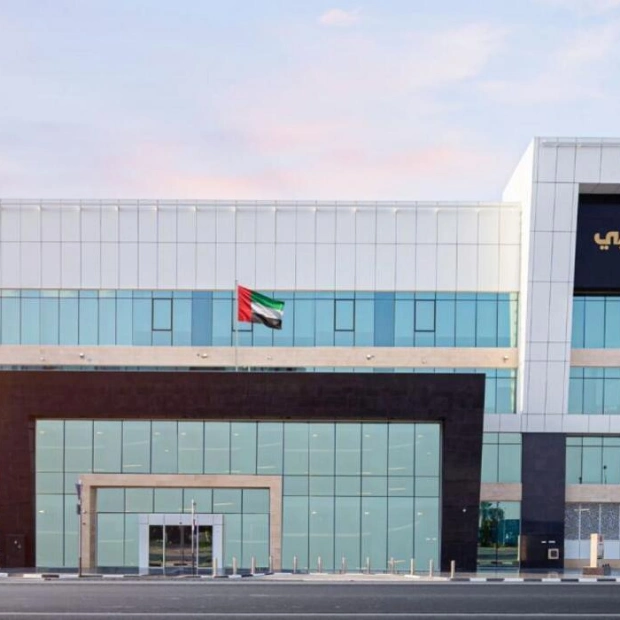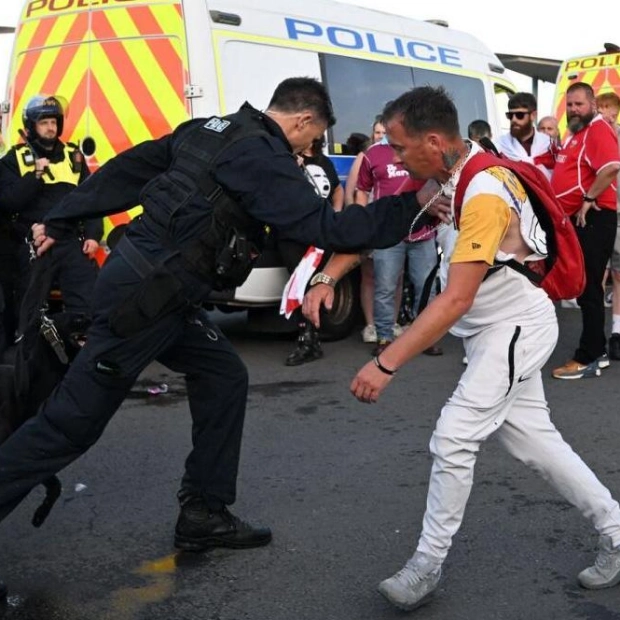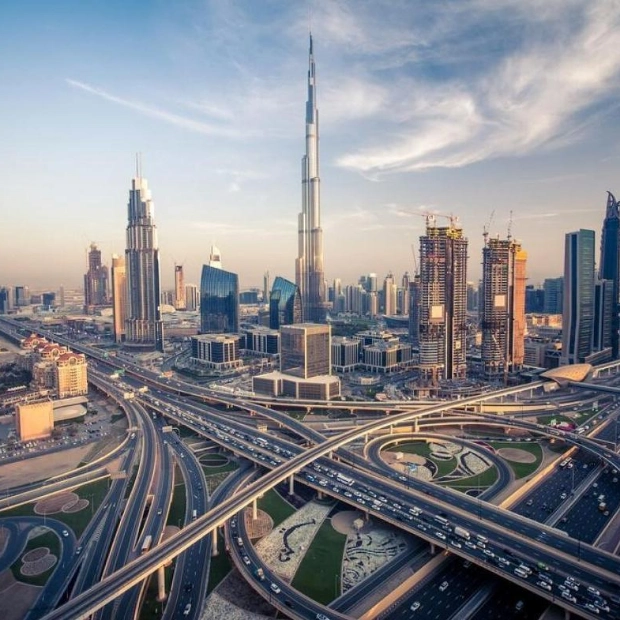When Formula One decided to support a grand prix in Las Vegas, the sport took a significant risk in its quest to break into the American market. Now in its second year, with the race potentially deciding the championship and the city buzzing with enthusiastic fans, it seems they have hit the jackpot. The decision to host a grand prix came with immense challenges, including a $700m investment and complex agreements between casinos, businesses, and local government to allow the event to take place in the heart of Nevada.
Last year's race was a success despite an initial hiccup involving a loose water valve cover damaging Carlos Sainz’s Ferrari. The race itself was one of the highlights of 2023, earning praise from drivers and fans alike. There is now a palpable sense of excitement surrounding the event, an atmosphere that money alone cannot buy. The late start times and demanding schedule are offset by the unique setting, with the track illuminated by the iconic landmarks of Las Vegas Boulevard.
The enthusiasm from fans is evident, creating a vibrant atmosphere in a city known for its nightlife. While not everyone appreciates the spectacle, F1's decision to embrace the hype in Vegas makes strategic sense. The event serves as a showcase for Formula One in the United States, which Emily Prazer, chief commercial officer for F1 and the Las Vegas Grand Prix, identifies as the “key strategic growth market.”
Purists may be skeptical, but the Las Vegas Grand Prix offers a unique experience. The cars look spectacular racing through the streets, and the cityscape, with its floodlights and dazzling displays, adds to the allure. However, not all locals were initially on board, with issues like road closures and increased commuting times causing inconvenience.
Renee Wilm, CEO of Las Vegas GP, notes a shift in local sentiment, but there is still work to be done in winning over the community. The economic impact, however, speaks for itself, with predictions of $1bn to $1.7bn in revenue for 2023, and a post-race report by Clark County authorities estimating an economic impact of $1.5bn. This translated into $77m in additional tax revenue, with $22m going to local schools.
F1 has also addressed criticisms, particularly regarding ticket pricing. Last year's high-end packages attracted negative attention, but the sport has responded by increasing the number of general admission tickets. With a commitment to hosting the grand prix for at least a decade, F1 is well-positioned to continue its success in Vegas.
Source link: https://www.theguardian.com
